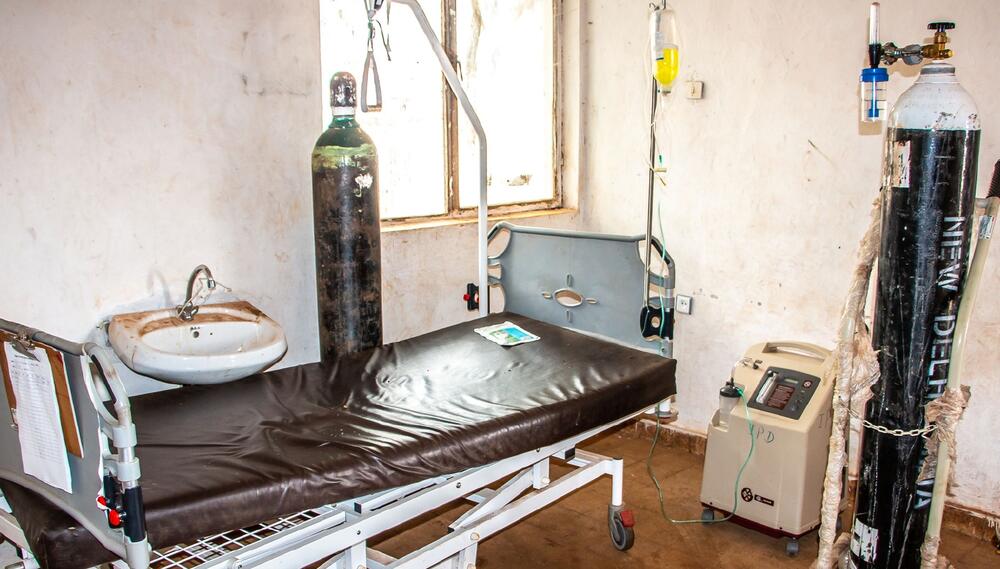News
Maternal and reproductive health-care crisis in Ethiopia
- 02 March 2022
News
KONSO, Ethiopia - “I was discharged from the health facility after the stillbirth of my baby without any medication or treatment. I have been bleeding ever since,” said Asnaketch, sitting in her tent at Haylota IDP (internally displaced persons) site in Konso, a zone in Southern Nations, Nationalities, and Peoples’ Region (SNNPR).
Asnaketch, 25, had already lost her first baby after ethnic conflict broke out in their village, Gerchi, in Konso zone. “The whole village was burnt to the ground. When the clashes erupted, we had to move here,” says Asnaketch, in visible pain. “I lost my first son due to a complication when we were fleeing.”
The most recent conflict in the area, in November 2020, killed dozens of civilians and displaced over 100,000 people. Across the region, nearly 230,000 internally displaced people live in makeshift and sub-standard camps with limited access to basic services and life-saving health care.
The nearest health facility is a grueling two-hour trek from the Haylota IDP camp through mountainous terrain. “They carried me on a wooden stretcher all the way,” Asnaketch recalled. “I knew something was wrong with my baby.”
Women and newborns at severe risk
Reproductive health services in the SNNPR were already over-stretched before the conflict-induced crisis, which put more than 2 million people in need of humanitarian assistance. Health services were hit with a serious shortage of service providers, lack of supplies and equipment and damage to facilities.

Like Asnaketch, many families have mourned deaths in the camp. “More women have lost their babies in the last months,” said an official at the Haylota IDP site, whose identity is concealed for protection. “This is an enormous yet overlooked tragedy.”
“Ensuring basic emergency obstetric and newborn care is a challenge. We can’t provide assisted vaginal delivery either. There is no medication, equipment, or even mattresses,” said the manager of Segen Health Centre in Segen Town during a rapid assessment conducted by UNFPA.
Despite the critical importance of antenatal and postnatal care services in reducing maternal and newborn mortality and morbidity, services are minimal or non-existent as a result of the conflict, placing mothers and newborns at grave risk.
Thousands of women and girls in need of maternal and reproductive health care support
Across SNNPR, of the more than 110,000 pregnant women, nearly 17,000 are estimated to experience some type of obstetric complication with potentially deadly consequences. More than 55,000 women and girls are expected to seek care related to sexual violence.
In 2021, UNFPA supported 17 health facilities with emergency reproductive health kits, capacity-development training for medical staff and two ambulances to provide a more rapid response to manage obstetric complications in conflict-affected Gedeo zone in SNNPR and West Guji zone in Oromia region. In addition, UNFPA established centres and adolescent and youth corners to provide youth-friendly integrated sexual and reproductive health services.
Still, greater support is needed to respond to the urgent needs of women and girls affected by conflict- and climate-related crises. The UNFPA Humanitarian Response appeal of $20 million will help strengthen the health system and build back capacities in maternal and reproductive health services in SNNPR and seven other regions through the end of the year.